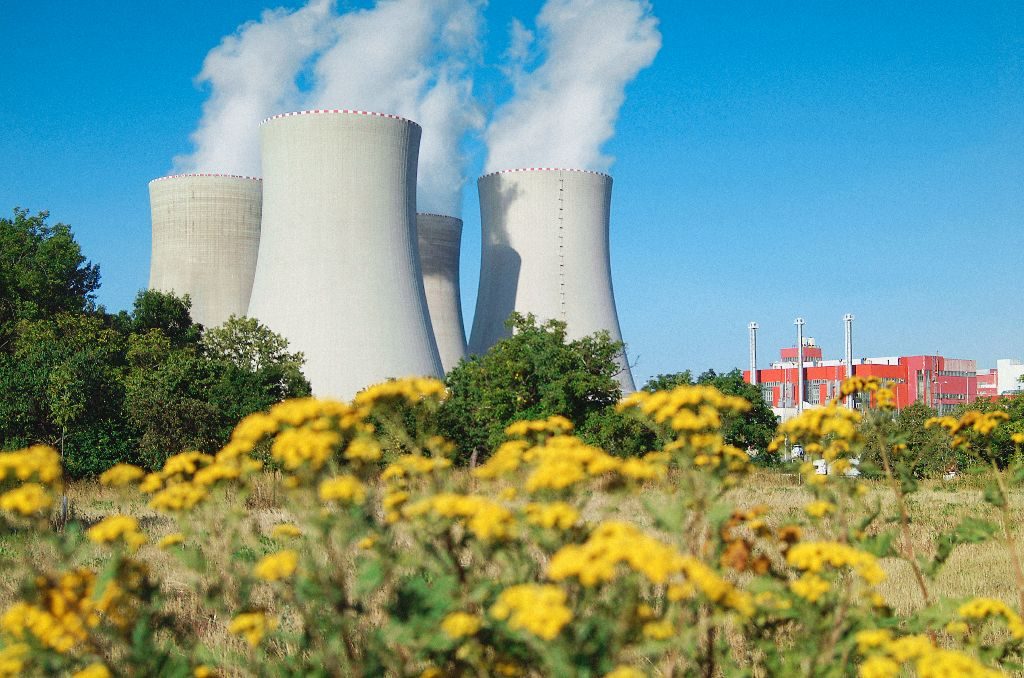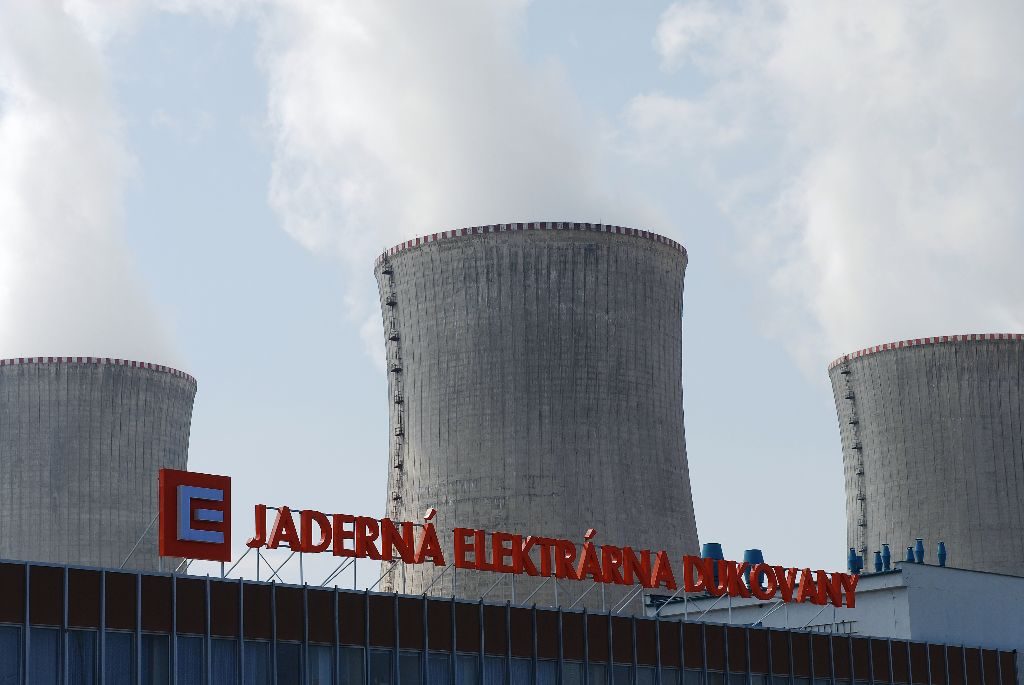Germany’s Federal Office for Radiation Protection (BfS) has ordered 190 million iodine tablets in case of a serious nuclear accident in the Czech Republic or other neighboring countries that have nuclear power plants, according to a report by German broadcaster WDR.
Germany is in the
process of shutting down its nuclear power plants and should close
the last one by 2022 as it transitions to renewable power based on
wind, solar and other sources. The shutdowns are a response to the
2011 nuclear accident in Fukushima, Japan.
The Czech Republic,
on the other hand, is looking to increase its reliance on nuclear
power by expanding the number of units at the Dukovany reactor in the
Vysočina region and possibly also at Temelín in South Bohemia.
Temelín is some 60 kilometers from the German border, while Dukovany
is 180 kilometers. Both plants are also close to Austria.
Germany’s move comes after a similar announcement by Lithuania that it was stockpiling iodine tablets due to Belarus building a nuclear reactor that should open later this year. The pills will be distributed free in case of an accident.

Potassium iodine tablets protect people against thyroid cancer in case of increased radiation levels. The intake of high levels of iodine prevents the human body form absorbing radioactive iodine released in a nuclear accident. The tablets do protect against other radioactive elements such as cesium.
Children,
adolescents and pregnant women in particular should take the pills if
radiation spikes. There is no cure for radiation sickness brought on
by exposure to high levels of radiation, however.
The amount of pills
ordered by the BfS quadruples the current stockpile of tablets. The
cost of the 190 million tablets will cost 8.4 million euros. Some 80
million German people would receive the tablets, which were ordered
from Austrian pharmaceutical firm Gerot Lannach.
German nuclear scientist Wolfgang Müller said the main risks were from neighboring countries. “There could be smaller accidents during the decommissioning [of German reactors], but they would not lead to large-scale releases. [But] think of Belgium, France, Switzerland, the Czech Republic, and Sweden. If anything happens, we need to protect the German population as well,” he said. Müller was head of the Commission on Radiation Protection a the time of the Fukushima incident.

The concern over
radiation is not new, but interest has increased due to a recent
accident in Russia that released radiation. Increased levels have
been detected in Norway. The circumstances of the August 8 incident
that occurred during a missile test have not been fully explained.
The hit HBO television show Chernobyl, about the 1986 accident in northern Ukraine, which led to the abandonment of a city and creation of an exclusion zone, has also put the spotlight back on nuclear safety. Some 4,000 to 16,000 people are estimated to have died from exposure to radiation from the accident.
People in both
German and Austria have a negative attitude toward nuclear energy.
After the Fukishima incident there were renewed protests calling for
the closure of Czech nuclear plants.
Two years ago, the
Aachen region of Germany issued iodine tablets to all residents under
the age of 45, due to the proximity to the Belgian nuclear plant
Tihange. The move came after 50,000 people protested calling for the
closure of the plant, which has been operating since 1975. Critics at
the time called the move scare mongering.












 Reading time: 3 minutes
Reading time: 3 minutes 

























